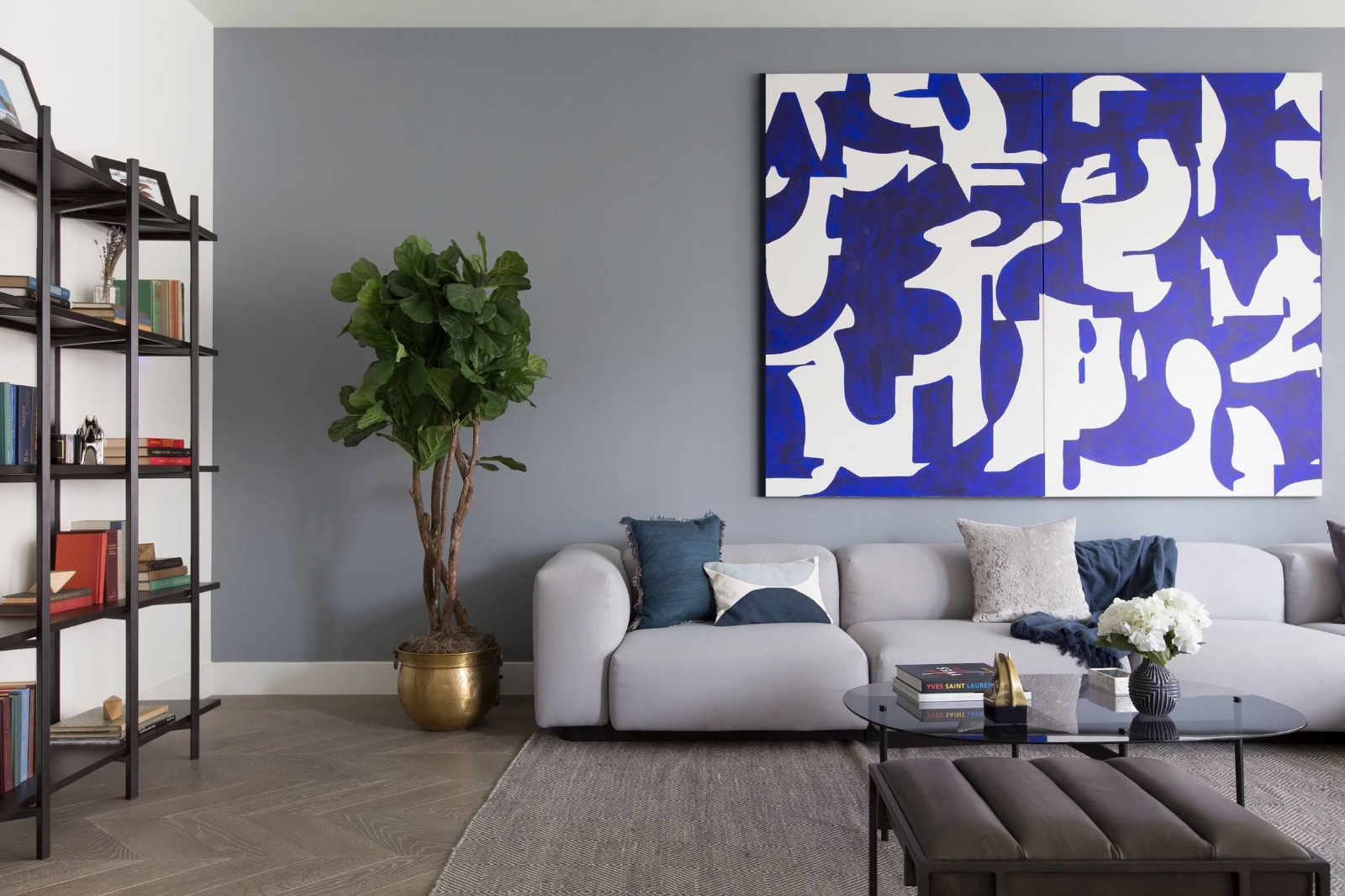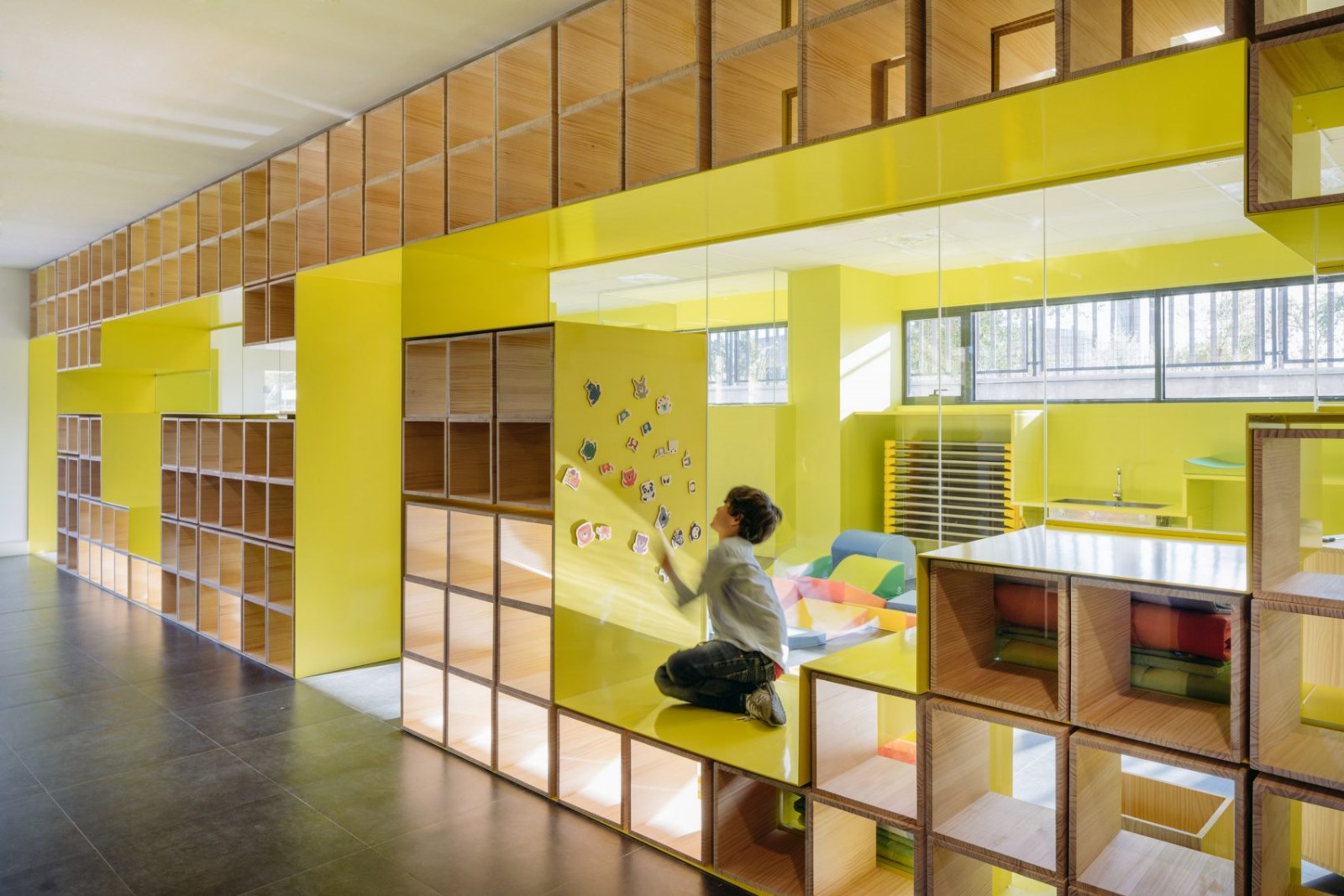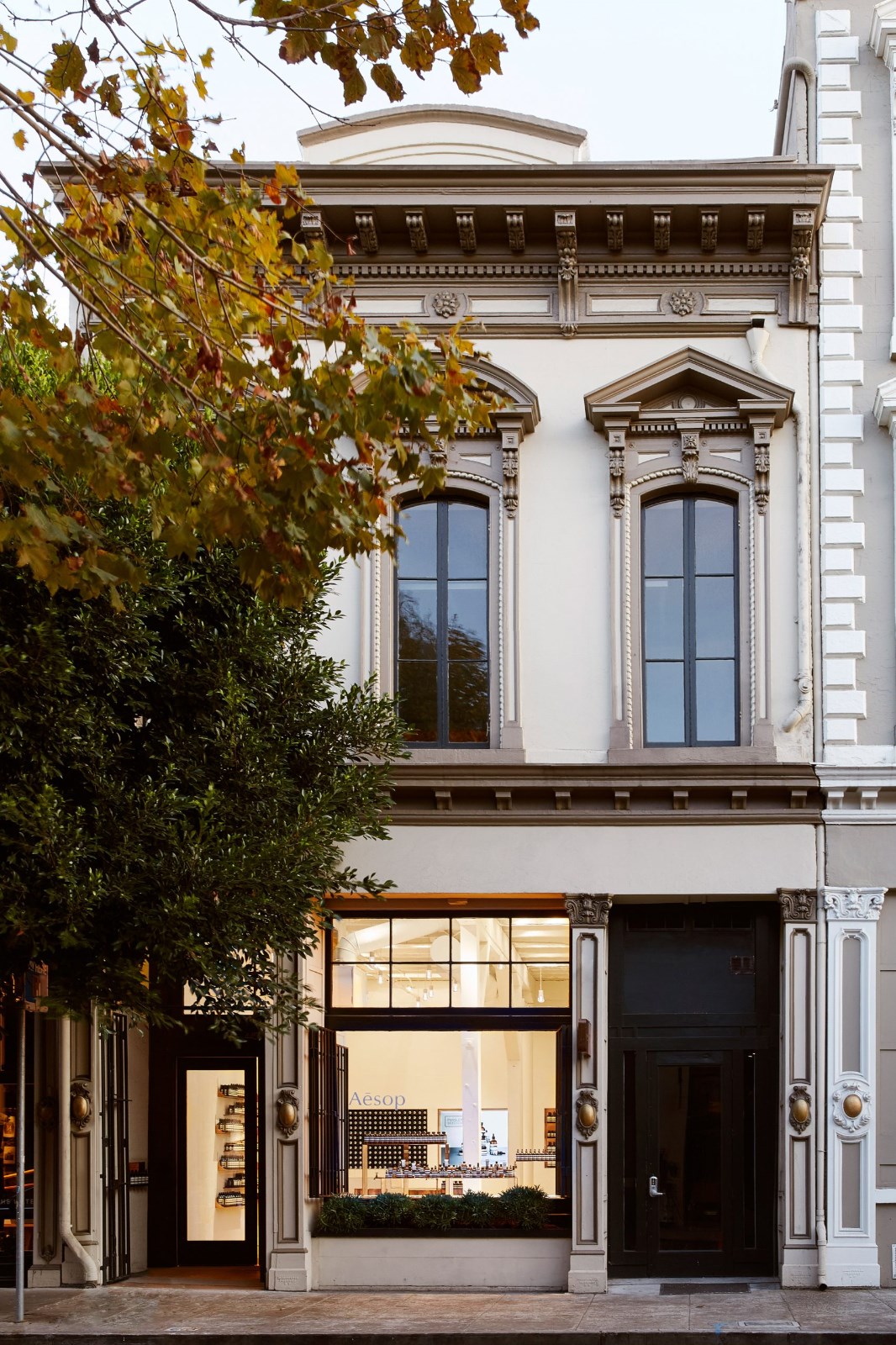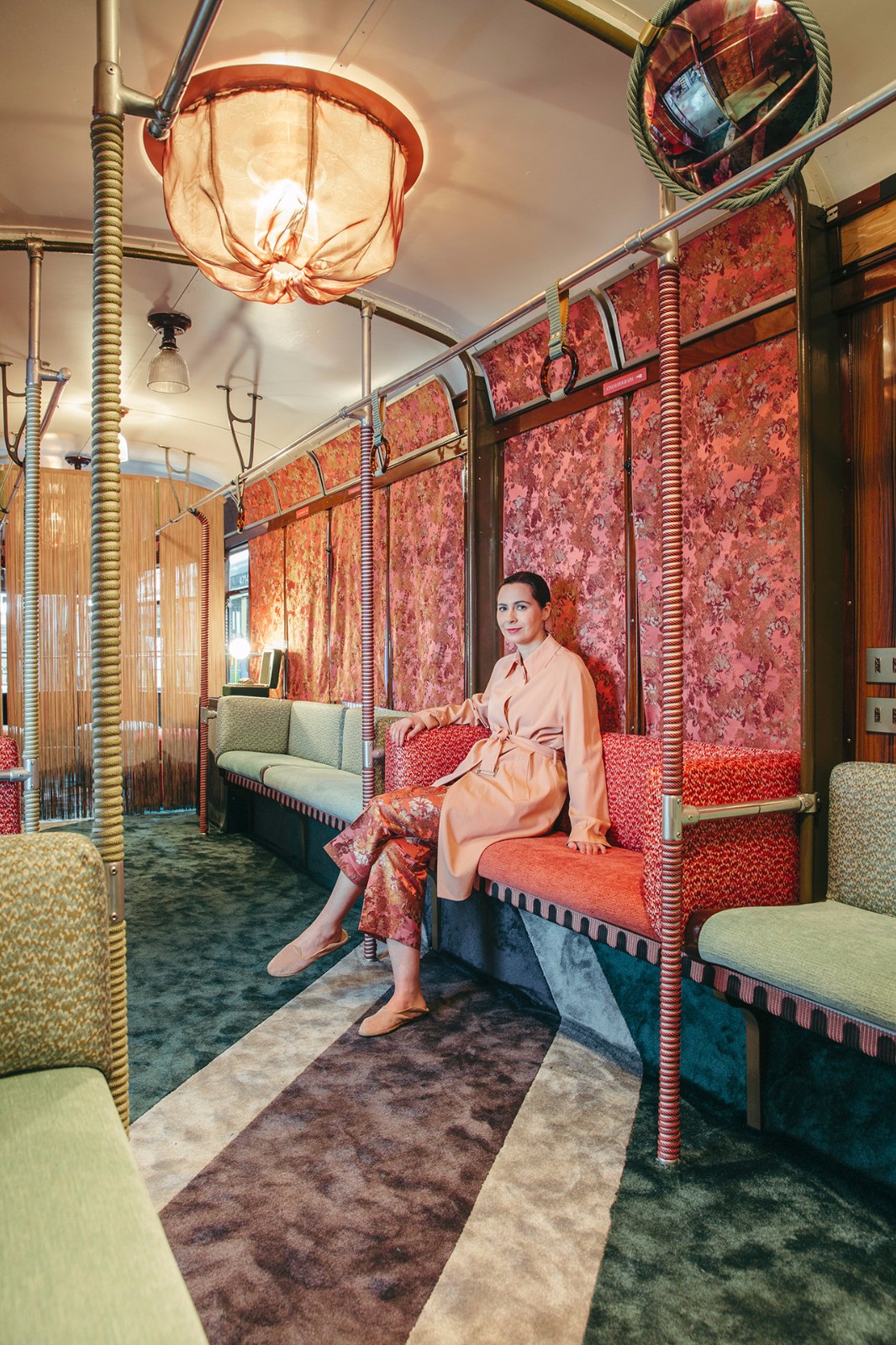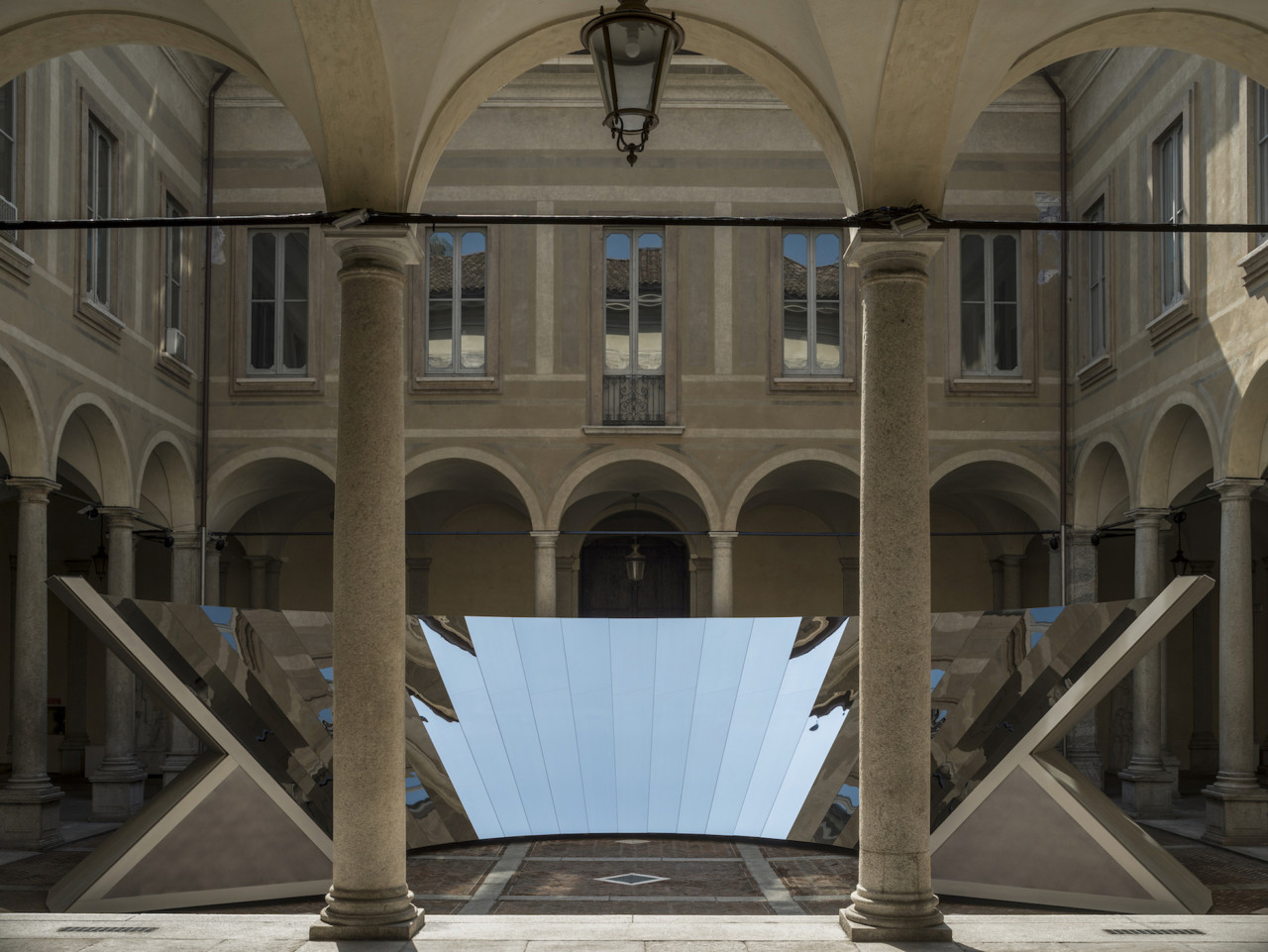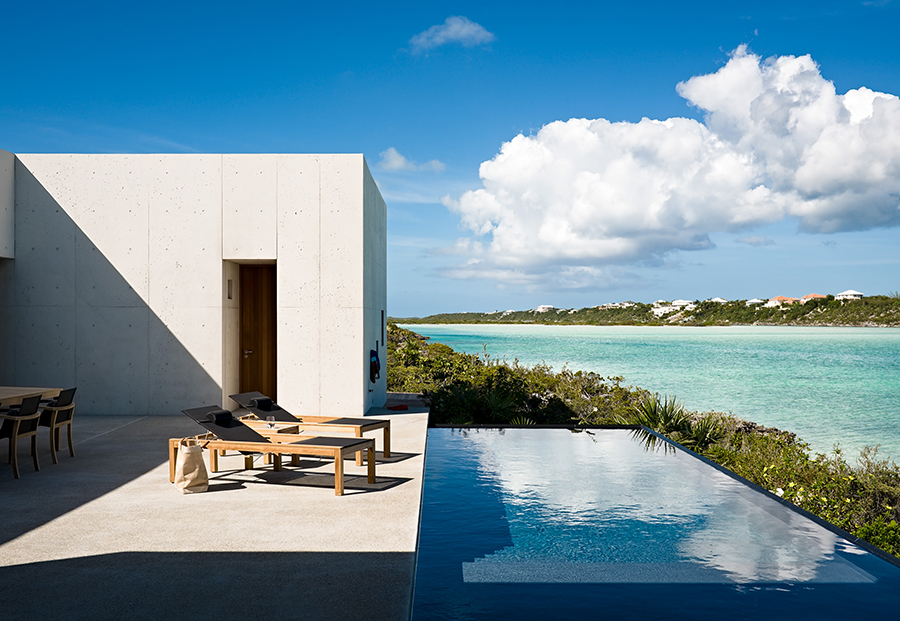University of Arizona Cancer Center ZGF Architects
2016-10-25 13:00
Nick Merrick © Hedrich Blessing Photographers
架构师提供的文本描述。其潜在目标是利用最现代的技术,在基于证据的多学科模式中,将最高标准的癌症护理应用于凤凰城。这个新的癌症中心代表了凤凰城生物医学校园的第一个临床保健组件。220,000 SF大楼包括放射肿瘤学、诊断成像、内镜和介入放射学、检查室和手术室、一个支持和健康中心、一个输液区和一个临床药房。一个安全的疗伤花园,位于主大厅外,也可用于户外聚会。
Text description provided by the architects. The underlying goal was to bring the highest standard of cancer care to Phoenix within an evidence-based, multidisciplinary model, using the most modern technologies. This new cancer center represents the first clinical healthcare component on the Phoenix Biomedical Campus. The 220,000 SF building includes spaces for radiation oncology, diagnostic imaging, endoscopy and interventional radiology, exam and procedure rooms, a support and wellness center, an infusion area, and a clinical pharmacy. A secured healing garden, located outside the main lobby, can also be used for outdoor gatherings.
Nick Merrick © Hedrich Blessing Photographers
精心设计的玻璃、铜色金属和中性石头构成了建筑的表现形式,这与患者的体验-舒适、隐私和温暖-直接相关,同时也确立了建筑在校园中的独特身份。与沙漠调色板相匹配的钙华石,为行人环境提供了尺度,并将建筑物夷为平地。这块石头流入主要的等待空间,把外面的东西引进来。每一层楼的等候区域都以玻璃体积的形式表示,玻璃体积从建筑物的中心升起,与水平玻璃遮阳相连接,带有密密麻麻的防晒霜,保护住客不受阳光的照射。由于太阳与建筑物两侧的相互作用不同,东侧和西侧的双层立面被一层折叠、穿孔的金属遮阳罩遮住,以保护考场和办公室免受早晚阳光的照射,有助于控制热量增长,提供一种隐私感,同时也能让人们畅通无阻的观看。该项目的目标是LEED-黄金认证。
A deliberate layering of glass, copper-colored metal, and neutral stone forms the building’s architectural expression, which directly relates to the patient experience—their comfort, privacy, and warmth—while simultaneously establishing the building’s unique identity on the campus. Travertine stone, which matches the desert palette, gives scale to the pedestrian environment and grounds the building. This stone flows inside to the main waiting spaces, bringing the outside in. The waiting areas on each floor are expressed on the exterior as a glass volume that rises through the center of the building, articulated with horizontal glass sunshades, with a dense frit that protects occupants from the glare of the sun. Because the sun interacts differently with every side of the building, the double façade on the east and west is cloaked in an outer layer of folded, perforated-metal sunshades that protect the exam rooms and offices from the glare of the morning and evening sun, helping to control heat gain and providing a sense of privacy, while still allowing for unobstructed views. The project is targeting LEED-Gold certification.
Tom Harris © Hedrich Blessing Photographers
Nick Merrick © Hedrich Blessing Photographers
室内使用的材料和家具为这个医疗保健设施注入了温暖和热情。室内环境的外观和感觉更像酒店或水疗中心,有精心设计的大堂、从地板到天花板的窗户、贴身停车场和咖啡厅。钙华石,由奶油、丹色和棕色组成的杂色调色板,用于建筑外部,被带到室内公共空间,将建筑的各个方面结合在一起,并与沙漠背景建立联系。在每一层,公共电梯打开的木材特色墙与一个超大的图形数字对比木色调,以突出水平被访问。公共厕所小心翼翼地缩在这些木墙后面。每层楼的大型候车室,靠近电梯,都铺上地毯,配备了椅子和沙发,颜色大多是浅色的。一种独特的透明度是通过使用板条木隔墙和混合透明和蚀刻玻璃在休息室和入住二楼。虽然临床空间更有代表性的医疗设施,中立的调色板是继续,把整个设施结合在一起。所有的检查和治疗室都可以进入日光,而日光是由建筑物四面的从地板到天花板的窗户支撑的。那些受到最严酷阳光照射的外墙依靠一系列透光的外部屏幕来帮助保持病人的舒适感。
Materials and furnishings used in the interior infuse this healthcare facility with warmth and hospitality. The look and feel of the interior environment more closely resembles a hotel or spa, with an elegantly designed lobby, floor-to-ceiling windows, valet parking, and a coffee bar. Travertine stone, in a variegated palette of creams, tans, and browns, used at the exterior building base, was carried through to the interior public spaces, uniting all aspects of the building and creating connections to the desert backdrop. At each level, the public elevators open to a wood feature wall with an oversized graphic numeral in contrasting wood tones to highlight the level being accessed. Public restrooms tuck discretely behind these wood walls. Large waiting lounges on each floor, in close proximity to the elevators, are carpeted and appointed with chairs and sofas in mostly light neutral hues. A unique sense of transparency was achieved through the use of slatted wood divider walls and a mix of clear and etched glass in the lounges and at check-in on the second floor. While the clinical spaces are more representative of medical facilities, the neutral palette is continued, binding the entire facility together. All of the exam and treatment rooms have access to daylight, which is supported by the floor-to-ceiling windows on all sides of the building. Those façades that receive the harshest sunlight rely on a series of see-through exterior screens to help maintain patient comfort.
Nick Merrick © Hedrich Blessing Photographers
产品描述:东面和西面都覆盖着一个太阳能遮阳系统,该系统由重复的矩形四分之一英寸铝复合板(ACP)组成,直径半英寸的孔穿孔,具有40%的开放性。面板在计算的角度折叠一次,向外弯曲,从内部显示周围沙漠环境的阴影视图。这铜色调的组装采取了色彩的景观,增加了一个上下文的审美项目。
Product Description. The east and west facades are clad with a solar shading system composed of repetitive rectangular quarter-inch aluminum composite panels (ACP) perforated with half-inch diameter holes yielding a 40 percent openness factor. The panels are folded once at a calculated angle, bending outward to reveal a shaded view of the surrounding desert context from the interior. This copper-toned assembly takes on the coloration of the landscape, adding a contextual aesthetic to the project.
Nick Merrick © Hedrich Blessing Photographers
Architects ZGF Architects
Location Phoenix, AZ, USA
Category Healthcare Center
Photographs Tom Harris © Hedrich Blessing Photographers
 举报
举报
别默默的看了,快登录帮我评论一下吧!:)
注册
登录
更多评论
相关文章
-

描边风设计中,最容易犯的8种问题分析
2018年走过了四分之一,LOGO设计趋势也清晰了LOGO设计
-

描边风设计中,最容易犯的8种问题分析
2018年走过了四分之一,LOGO设计趋势也清晰了LOGO设计
-

描边风设计中,最容易犯的8种问题分析
2018年走过了四分之一,LOGO设计趋势也清晰了LOGO设计










































































